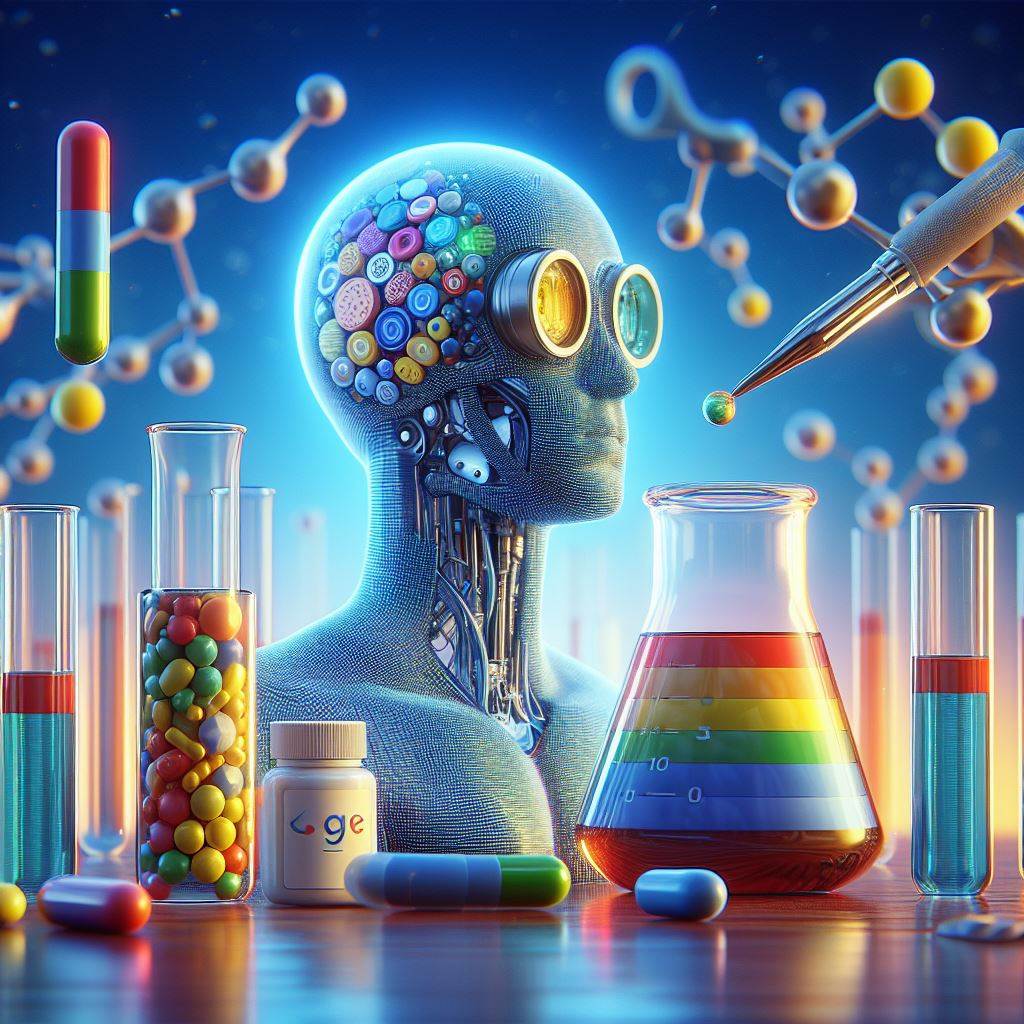
Google DeepMind has launched the latest version of its artificial intelligence model, AlphaFold 3, aimed at assisting scientists in the development of drugs and targeting diseases more efficiently.
In 2020, DeepMind achieved a breakthrough in molecular biology by leveraging AI to accurately predict the behavior of microscopic proteins.
AlphaFold 3, developed by researchers at DeepMind and Isomorphic Labs under the guidance of cofounder Demis Hassabis, has mapped the behavior of all molecules essential to life, including human DNA.
Understanding the interactions of proteins with other molecules, such as enzymes and antibodies, is pivotal in drug discovery. DeepMind's research, published in Nature, is anticipated to streamline the development process of life-changing treatments.
Demis Hassabis emphasized the significance of AlphaFold's capabilities in designing molecules that bind to specific protein sites, crucial for developing effective drugs.
DeepMind introduced the AlphaFold server, a free online tool enabling scientists to test hypotheses before conducting real-world experiments. This tool aims to simplify the testing process, requiring minimal computing knowledge.
Since 2021, AlphaFold's predictions have been accessible to non-commercial researchers, facilitating over 200 million protein structures in a freely available database. The release of the AlphaFold server further enhances accessibility for biologists, allowing them to conduct tests with ease.
Experts, including John Jumper from DeepMind and Dr. Nicole Wheeler from the University of Birmingham, highlight AlphaFold 3's potential to accelerate the drug discovery pipeline by simplifying the testing process and overcoming existing bottlenecks in biotechnology.